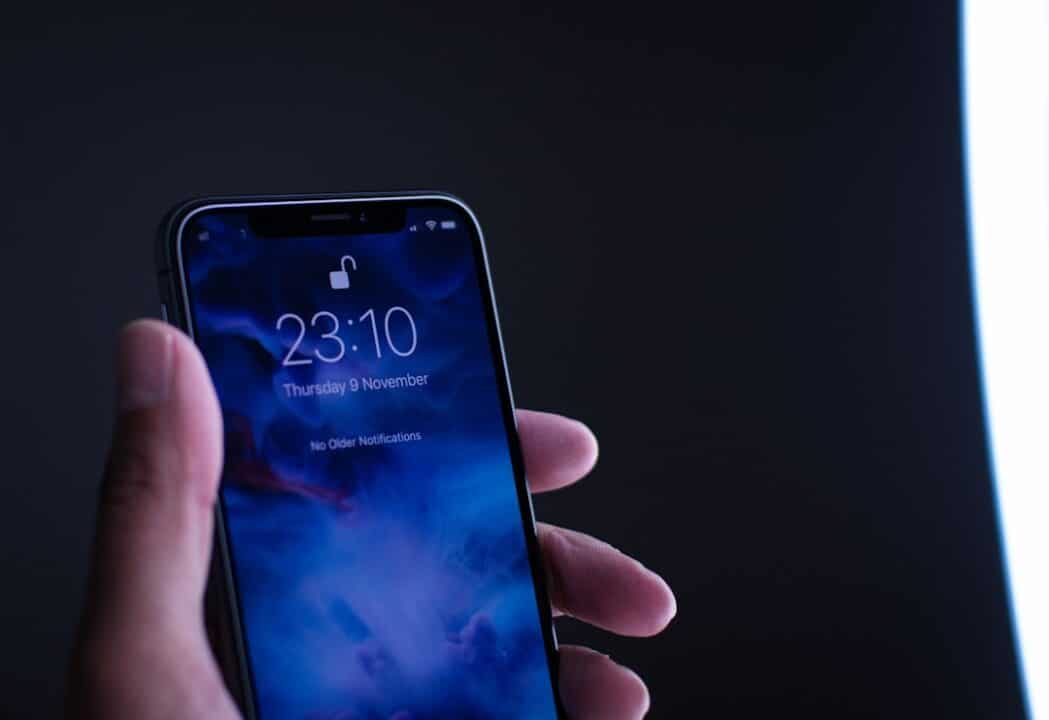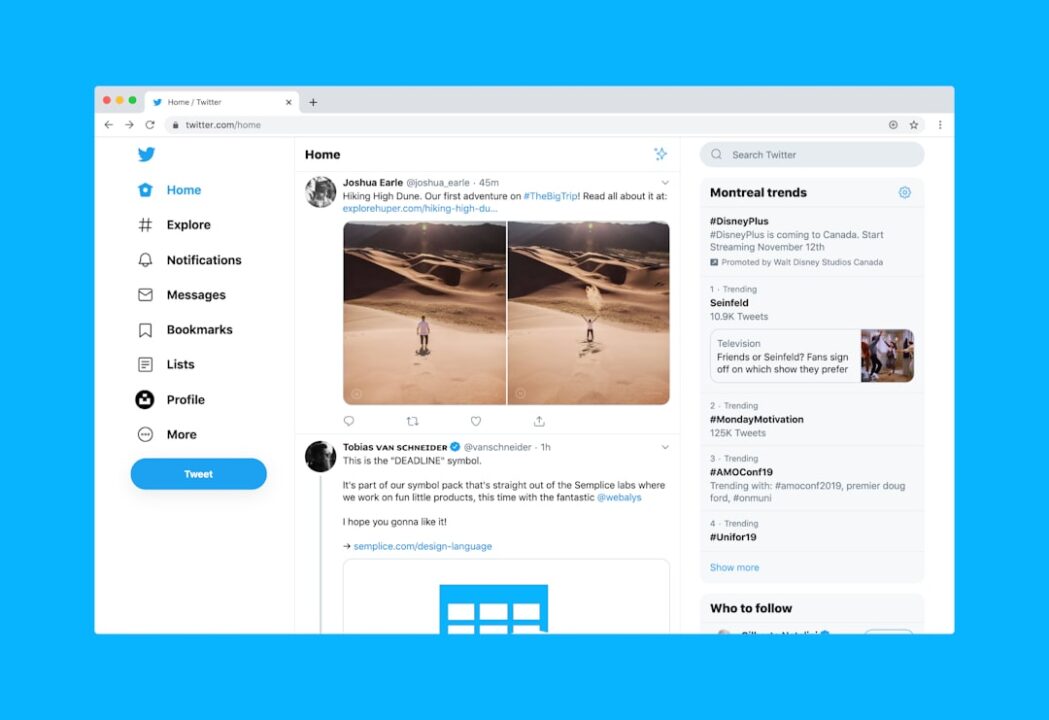|
IN SHORT
|
In an increasingly connected world, the question of the location of individuals raises numerous ethical and technical debates. With the technology embedded in our smartphones, it is now possible to track a person without them knowing. In this article, we will explore covert methods for locating someone without their knowledge, while highlighting the challenges of this practice. Whether you are interested in the tools available or in the implications of such actions, let’s dive together into this complex and fascinating world.
Locating someone without them knowing may seem complex, but with advances in technology, it has become more accessible. Whether it’s through the use of tracking apps, GPS trackers or social media tips, there are several methods. This article will explore the different ways you can locate a person without them knowing just by using your phone.
Tracking Apps: The Most Common Method
Tracking apps have become very popular due to their simplicity and effectiveness. These apps can provide real-time location as well as travel histories.
Using location apps
Apps like Instagram allow you to follow someone without them being aware of it. These apps often rely on the device’s GPS data to provide precise location information.
GPS: A precision tool
GPS is probably the most accurate tool for location tracking. Many phones come with this feature, which allows for real-time monitoring.
Portable GPS trackers
By using small GPS devices that can be placed in the person’s bag or personal belongings, it is possible to track them easily. Some trackers send regular location updates directly to your phone.
Location via cell phone
Phones have the ability to track themselves through functions like “Find my iPhone” or “Find my device”. All you need is access to the associated account details.
Social networks: Sources of geographic information
Social media is a gold mine for those looking to follow someone. Posts, check-ins, and Stories can reveal a lot about someone’s location.
Monitor status updates
Platforms like WhatsApp show when someone last logged in. Additionally, certain privacy settings can be leveraged to obtain more detailed information.
Analysis of photos and videos
By scanning photos and videos posted, we can gather clues about a person’s whereabouts. Image metadata can reveal precise GPS data.
| Method | Details |
| Using a geolocation app | Install an application necessary for location tracking without the person’s knowledge. |
| Location sharing | Share your location without her realizing it. |
| Tracking via Google account | Access location history from their Google account. |
| Spyware installation | Use monitoring software to track its movements. |
| Listening via apps | Activate applications to listen to conversations and locate. |
| Use of social networks | See the location data attached to their posts. |
| Checking Wi-Fi Connections | Scan the Wi-Fi networks it connects to. |
| Emergency services | In case of urgent need, contact location services. |
- Geolocation applications: Use apps like Find My Friends or Google Maps.
- Location Services: Take advantage of location services available on smartphones.
- Share your location: Send a location sharing link without the other person knowing.
- Social media monitoring: Monitor check-ins or geotagged posts.
- Location History: Access location history if enabled on the phone.
- Email and notifications: Check emails containing location information.
- External devices: Use hidden third-party tracking devices.
- Messaging apps: Observe location features in messaging apps.
- Device update: Make sure the phone is up to date to avoid location errors.
- Implied consent: Check sharing settings with close contacts.
Spyware: An intrusive method
Spyware is probably the most intrusive and ethically controversial method. They not only allow you to locate a person, but also to have access to their messages, calls and other activities.
Spyware installation
The installation of spyware requires physical access to the target person’s phone. Once installed, these software send detailed information about the phone’s location and activities.
Risks and legal considerations
It is crucial to remember that the use of spyware is illegal in many countries. Additionally, it violates the individual’s privacy and can result in severe penalties.
Bluetooth and Wi-Fi technologies
Bluetooth and Wi-Fi networks can also be used to locate a person. These technologies are often less precise than GPS, but they can still provide useful information.
Tracking via Bluetooth
Bluetooth allows you to detect the presence of nearby devices. By having access to the Bluetooth signal from a person’s phone, we can roughly estimate their location.
Use Wi-Fi hotspots
Wi-Fi connections can reveal geographic information. Apps and services can triangulate a person’s location based on the Wi-Fi networks they connect to.
Advanced tips for localization
There are also lesser known but equally effective tips for locating someone. These techniques may involve manipulating phone settings or exploiting certain security vulnerabilities.
Exploit security vulnerabilities
Certain vulnerabilities in operating systems can be exploited to gain access to location information. For example, some bugs allow device privacy settings to be bypassed.
Use of IMEIs and other unique identifiers
Each phone has a unique identifier called IMEI. By accessing this number and using certain services, it is possible to locate a phone wherever it is in the world.
Ethical and legal implications
Although technology allows for effective surveillance, ethical and legal aspects must not be forgotten. Privacy is a fundamental right, and using these techniques without consent can have serious consequences.
Respect privacy
It is essential to respect the privacy of individuals. Locating someone without their consent can be seen as an intrusion and can damage personal and professional relationships.
Legal consequences
Use of the techniques mentioned in this article may result in legal action. Several countries have strict laws regarding illegal surveillance and privacy violations.
How to protect your phone from unwanted tracking
If you are concerned about being tracked, there are several steps you can take to protect against unwanted location tracking.
Turn off location services
The first step you should take is to turn off location services on your phone. This prevents apps and services from tracking your location.
Use of security applications
Applications like those offered by Panda Security can make your phone impossible to track. These apps block unauthorized access to location data.
Summary of localization methods
In summary, there are several methods to locate a person without their consent. Each method has its advantages and disadvantages, as well as ethical and legal considerations. Whether through tracking apps, GPS trackers, the use of social media or spyware, it is possible to track someone effectively. However, it is crucial to consider the implications of such actions.
- Q: Is it legal to locate someone without their consent?
- A: No, locating a person without their consent is generally illegal and may violate their privacy. It is important to respect the legislation in force in your country.
- Q: What tools can I use to locate someone?
- A: There are location tracking apps available on smartphones, but their use generally requires the person’s consent. Unethical and illegal methods are not recommended.
- Q: What should I do if I suspect someone is following me?
- A: If you suspect you are being followed, it is best to contact the appropriate authorities and take steps to ensure your safety.
- Q: Are there any secret location methods?
- A: Although some methods may exist, they are often illegal and unethical. It is always best to communicate openly with those involved.
- Q: How do I protect my own location?
- A: To protect your location, you can turn off location services on your phone, use strict privacy settings, and be aware of installed apps.





